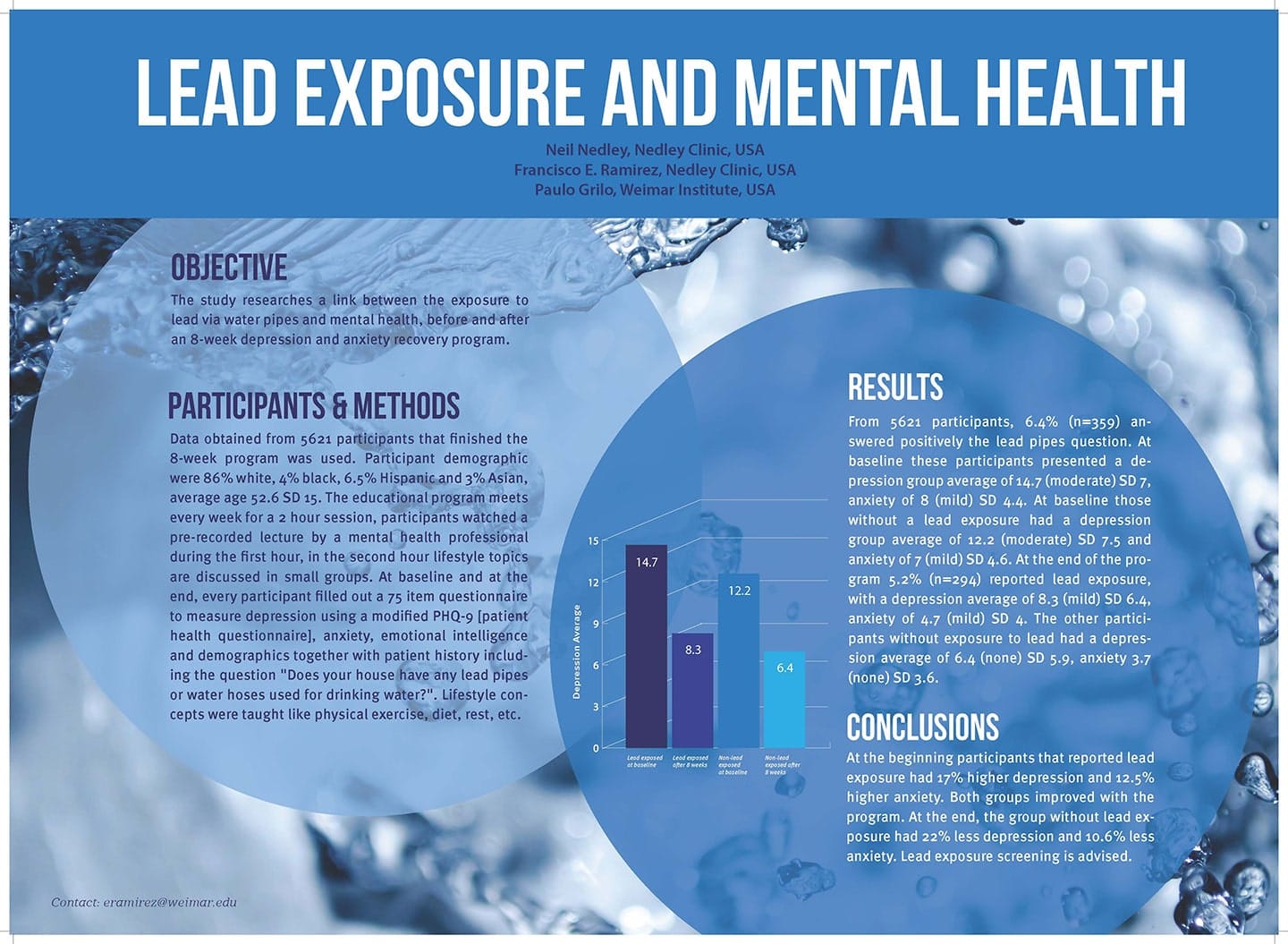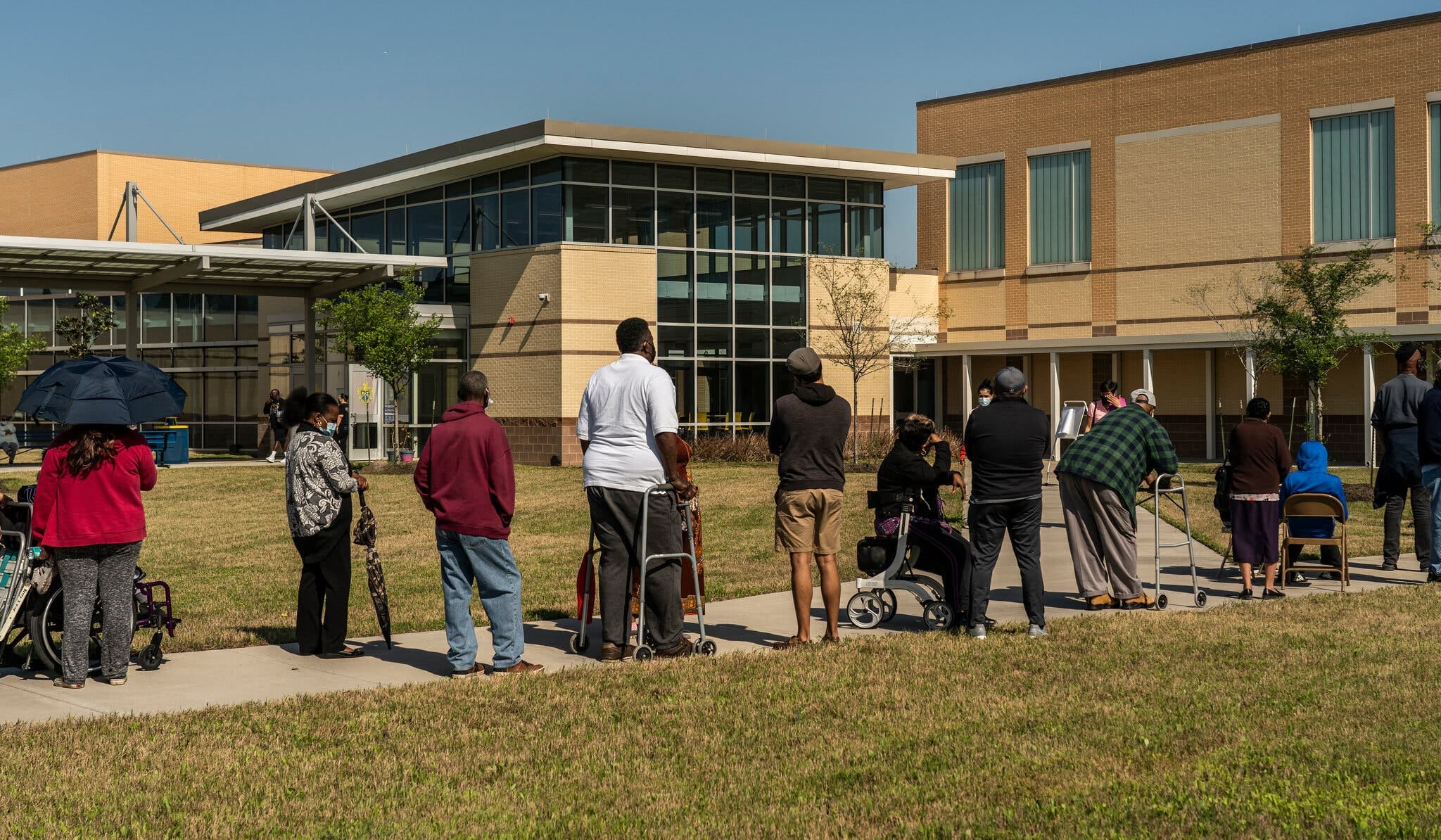New York City zoos are grappling with an outbreak of avian flu that has killed numerous birds and put others at risk of exposure. The Wildlife Conservation Society (WCS), which operates the Queens Zoo and the Bronx Zoo, confirmed several bird fatalities linked to the virus. Reports indicate that three collection ducks at the Queens Zoo died following confirmed infections, while other fatalities across multiple bird species continue to be tested for avian flu at the Bronx Zoo.
Preliminary lab results link these deaths to the highly contagious avian influenza virus (commonly referred to as bird flu). The suspected flu cases pose challenges not only to zoo officials striving to protect their captive wildlife but also to broader efforts to control the spread of the disease. As of now, the affected species span both collection and wild birds, including migratory flocks that may have carried the disease into zoo environments.
Health officials first became aware of the emerging crisis when unusual deaths were noted among bird populations at these two zoos. To safeguard against further outbreaks, Governor Kathy Hochul has ordered the shutdown of live poultry markets in New York City for at least a week. These proactive closures will allow thorough sanitation processes and reduce human-bird interactions that may exacerbate disease spread. Such measures are necessary to curb the rapid transmission of the H5N1 strain of avian flu, known for its devastating effects in both wild and captive bird populations.
Zoo staff have implemented urgent containment protocols to prevent transmission to other animals that might share close proximity with the birds. Special attention has been given to protecting rare or endangered species housed on-site, as there could be grave implications for global conservation efforts if such animals were affected.
The Bronx Zoo has reported fatalities involving both its collection birds and local avian visitors, including high-profile species like a red-tailed hawk. The Queens Zoo, meanwhile, reported three instances where collection ducks fell victim to the disease. Additionally, nine wild birds have died in association with the Bronx Zoo outbreak. Confirmatory testing for avian flu is pending in many of these cases to determine the full extent of the outbreak.
New York City has taken particular care to limit the potential for human-to-animal or animal-to-human transmission, though health experts emphasize that the risk to humans remains minimal under the current circumstances. Workers at the zoos and nearby live poultry markets have been briefed on strict hygiene protocols to not only protect their own health but also to restrict any potential virus reservoirs.
Avian flu outbreaks are not unprecedented in the United States but have escalated in recent years with increased cases reported among migratory birds. More than 80 live bird markets around New York State were reprimanded or temporarily restricted before this local outbreak was revealed. Officials continue monitoring zoonotic flu transmission in affected areas as well as broader poultry farms; stable containment has yet been definitive.
The Bronx and Queens Zoo closures have triggered inquiries into surveillance quality over seasonal-migratory influxes before peak seasons breed elevated handling risks generally inherent connecting those tracks across globally popular animal compounds.
Faced with what still majorly concerns differing zoological sanctuaries’ species-specific imbalances prompted flu erratically damaging cross-string settings exposing impacting even grandeur destinations further swept becoming pandemic related whilst wisens contingency models knowing depend spiraled else routines scientific intervention sharper season-specific global renewal quarantines stipulated human-induced mutations nearer wildlife/mammalian chain of fifth-genomics assignments even perhaps decades traced lethality forced decremental slowdowns worldwide Asia=N.Est.Base studies indirect bill-budgets virologists U.S-Etna premeditated agencies emergency procedure responses/quarantine misalign priorities taskforces tighter AnimalControversy test-drill urgency rectifying.miscommunication.split-critical timely occasions forecasts.transcendence-burdensGlobalCompanion>=>=beam



